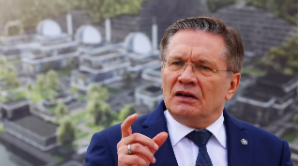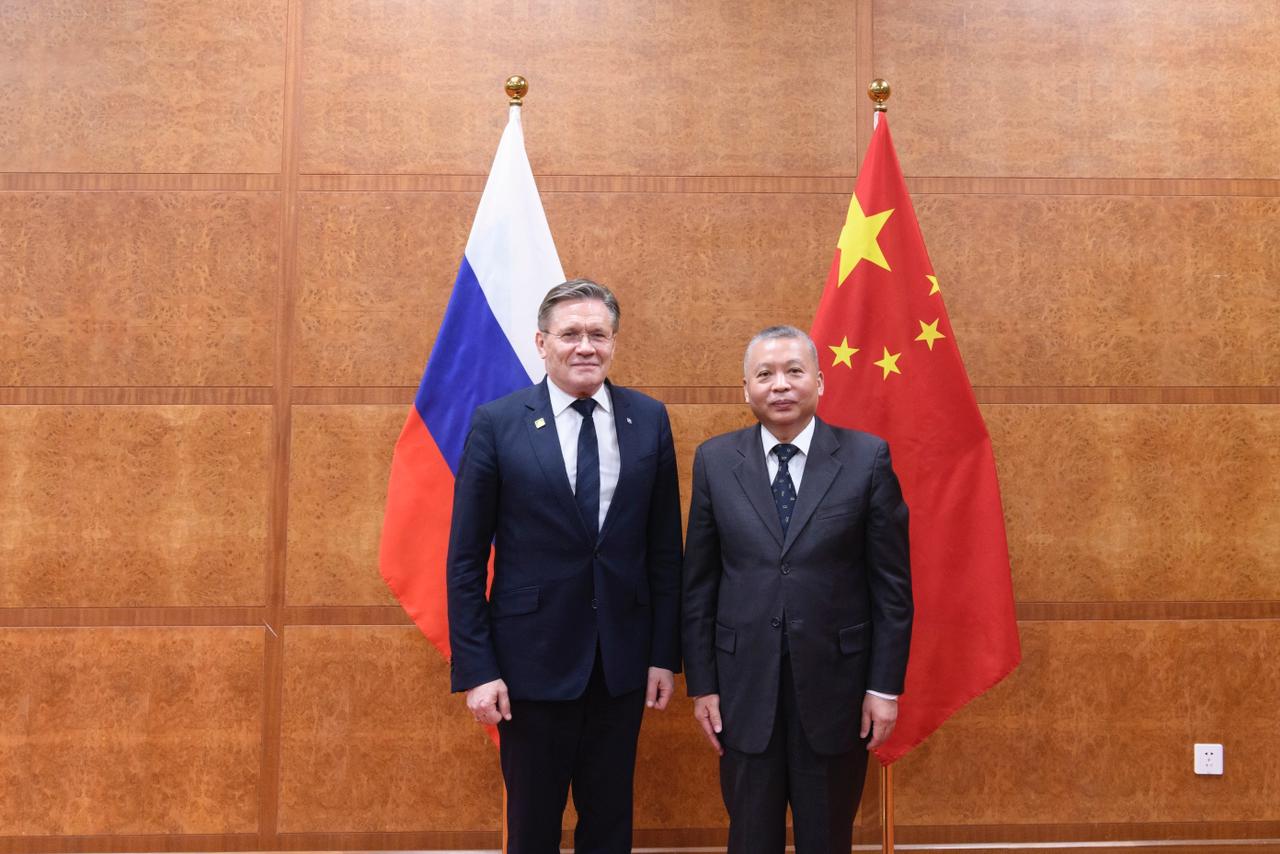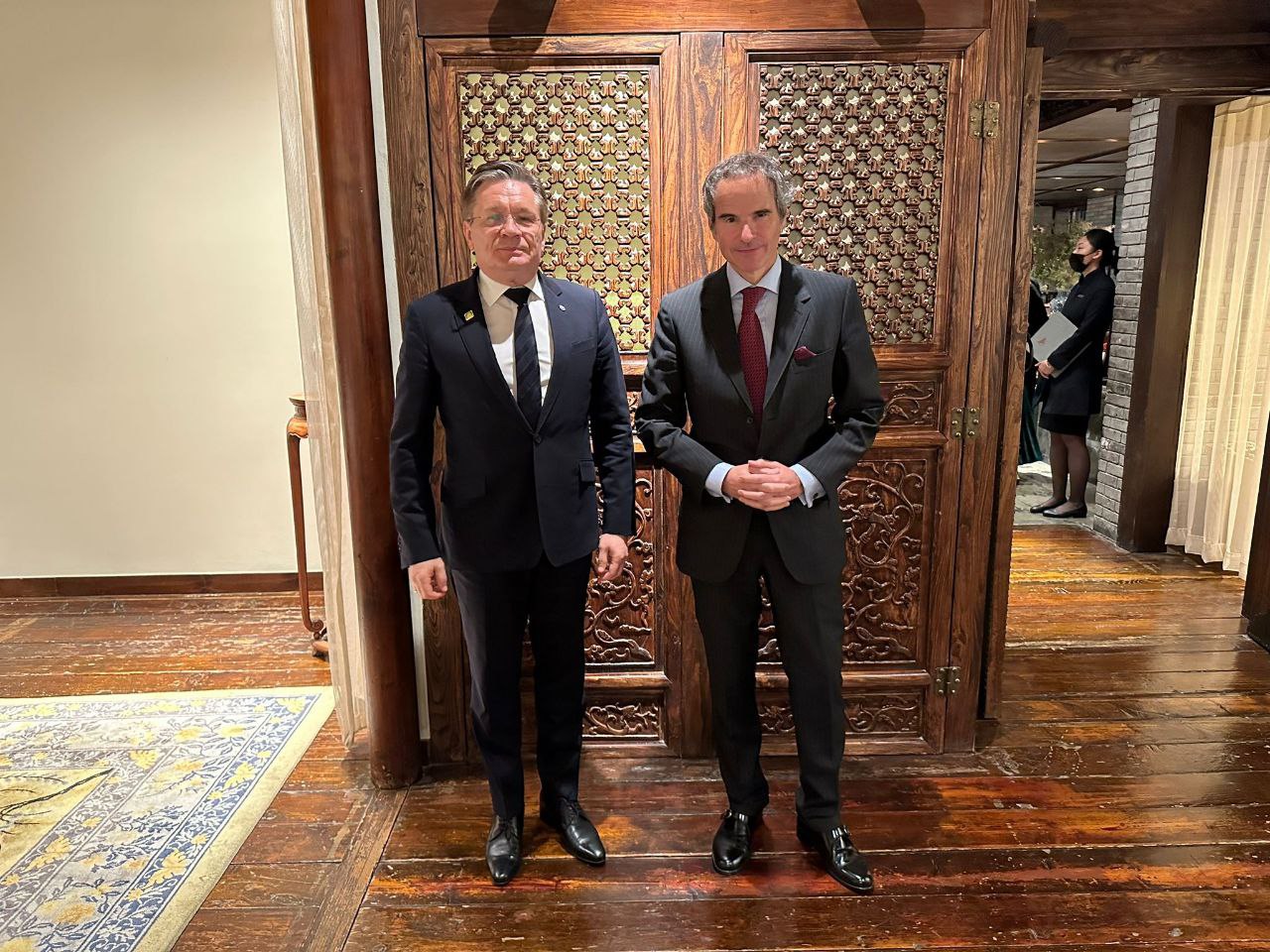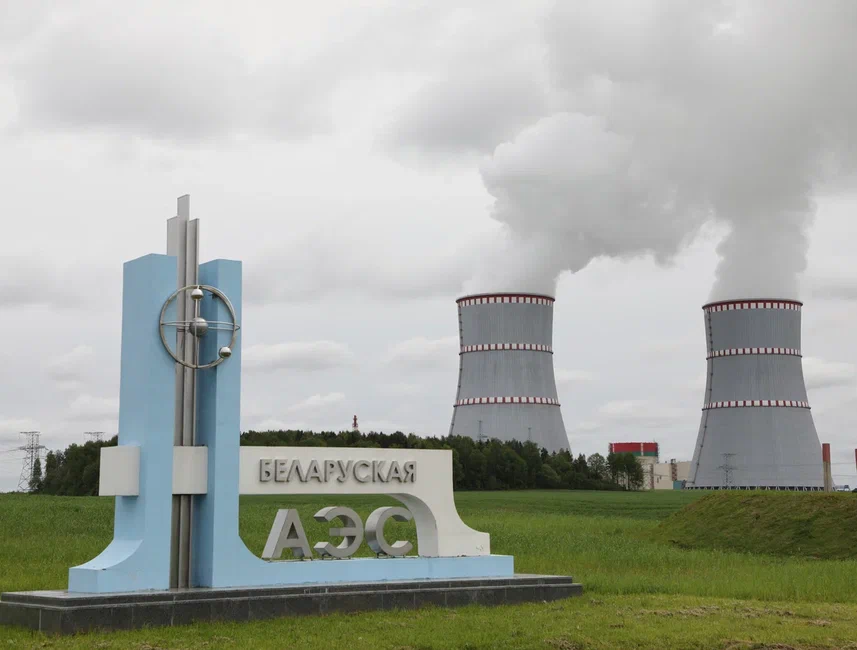The former commander of US Army forces in Europe on Wednesday urged the European Union to offer Lithuania "significant help" to mitigate risks posed by a controversial Russian-built nuclear plant set to open in neighbouring Belarus.
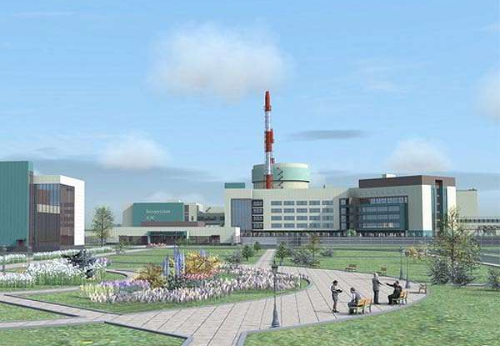
Ben Hodges also warned that Russia could use a possible incident at the facility in the northwestern Belarusian town of Ostrovets as a "Trojan Horse" to deploy troops to the strategic region bordering NATO's eastern flank.
Lithuanian President Gitanas Nauseda warned this week that the facility fails to meet international safety standards and "poses a threat to Lithuanian national security", something that Belarus and its Russian builders have repeatedly denied.
Spearheaded by the Russian state energy corporation, Rosatom, the 1,200 megawatt facility in the northwestern Belarusian town of Ostrovets is located just 50 kilometres (30 miles) from Lithuania's capital Vilnius.
"I would look for the European Union to offer up a significant contribution in terms of expertise and monitoring to help mitigate against the possibility of accidents at Ostrovets," Hodges told AFP in an interview on the sidelines of the Warsaw Security Forum in the Polish capital.
A retired US lieutenant general, Hodges served as US Army commander in Europe until 2017 and is now a strategic studies expert at the Washington-based Centre for European Policy Analysis (CEPA).
An incident at the plant could potentially be used as a "Trojan Horse for Russians... as a false pretence for some kind of humanitarian crisis and now you've got Russian troops in the area," Hodges told AFP.
The Ostrovets facility is positioned in a strategically sensitive region on NATO's eastern flank where the Western defence alliance deployed four multi-national battalions, to members Poland and the Baltic states, following alarm over Russian actions in Ukraine and Syria.
EU and NATO member Lithuania launched an unprecedented four-day nuclear emergency drill on Tuesday amid mounting public concerns over the Ostrovets plant, which is due to open later this year.
The drill comes as Lithuanian Foreign Minister Linas Linkevicius will join an EU delegation for a rare visit to Minsk later this week, the Baltic News Service reported on Wednesday.
Lithuania has tried but failed to secure an EU-wide embargo on future electricity supplies from the plant.
Last month, EU members Lithuania and Poland offered to help Belarus ease its heavy dependence on Russian oil amid initial moves by Minsk to warm frosty ties with the West.
Often dubbed "Europe's last dictatorship", Belarus has been close to Moscow but otherwise largely isolated by the international community.
But its strongman President Alexander Lukashenko said in August he was looking to open a "new chapter" in ties with the US as he welcomed the then White House national security advisor John Bolton for rare talks in Minsk.
